Unlocking the Future: 5 Ways AI Will Transform Our Lives in 2025
Embracing Personalized Healthcare: A New Era of Medical AI Transformation
The AI transformation is set to revolutionize healthcare by 2025, enabling more personalized and efficient medical treatment. Advanced machine learning algorithms will analyze vast amounts of patient data, including genetics, lifestyle, and medical history. This holistic insight will allow healthcare providers to develop treatments tailored specifically to individual needs, significantly improving outcomes and minimizing adverse effects.
Precision Medicine Through AI
By leveraging AI-driven analytics, doctors can predict which therapies will be most effective for each patient. For example, AI can identify genetic markers linked to certain diseases, facilitating early diagnosis and customized interventions. This shift towards precision medicine promises to reduce trial-and-error strategies in treatments, speeding recovery and cutting healthcare costs.
Virtual Health Assistants and Remote Monitoring
AI-powered virtual assistants will become integral in chronic disease management by monitoring patients remotely. These assistants can remind patients to take medication, track vital signs, and alert healthcare providers if anomalies are detected. This continuous care model enhances patient engagement and reduces hospital visits, making healthcare more accessible and proactive.
AI Transformation in Workforce Automation and Job Evolution
The workforce is experiencing a profound AI transformation that will reshape job roles and operational workflows by 2025. Automation of repetitive tasks will allow employees to focus on creative, strategic work, fostering productivity and job satisfaction.
Augmenting Human Skills with AI
Instead of displacing workers, AI will serve as a powerful tool enhancing human capabilities. For instance, AI algorithms can assist in data analysis and decision-making across many industries, from finance to marketing. This symbiotic relationship can lead to more informed choices and innovation.
New Job Categories and Skills in Demand
As AI transforms routine job components, new roles such as AI trainers, explainability experts, and ethical compliance officers will emerge. Upskilling and reskilling will become essential for workers to stay competitive. Governments and organizations are already investing in initiatives to prepare the workforce for these changes.
Revolutionizing Education with AI Transformation
Education is poised for dramatic change thanks to AI transformation, making learning more personalized, accessible, and engaging by 2025.
Adaptive Learning Platforms
AI-powered adaptive learning platforms will tailor educational content to each student’s pace and style. These systems can identify strengths and weaknesses, dynamically adjusting curricula to optimize comprehension and retention.
Virtual Tutors and Automated Assessment
Intelligent virtual tutors will provide personalized support outside the classroom, offering explanations and answering questions anytime. Additionally, AI grading tools will streamline assessment processes, allowing educators to focus on supporting students’ critical thinking and creativity.
Transforming Smart Cities and Sustainable Living
AI transformation will power smarter, more sustainable urban environments by 2025, improving quality of life while reducing environmental footprints.
Optimizing Energy and Resources
AI-driven systems will optimize energy consumption by predicting demand patterns and managing supply efficiently. Smart grids, powered by AI, will enable renewable energy integration, minimizing waste and lowering costs.
Enhancing Urban Mobility
AI will enhance transportation through intelligent traffic management, reducing congestion and emissions. Autonomous vehicles will become more prevalent, offering safer, cleaner, and more efficient travel options for citizens.
AI Transformation in Entertainment and Creativity
By 2025, AI will unlock new possibilities in entertainment and creativity, reshaping how content is created, distributed, and consumed.
AI-Generated Content and Interactive Media
From music composition to scriptwriting, AI tools will assist artists and creators in producing original content faster. Interactive media powered by AI will offer immersive experiences tailored to user preferences, changing how audiences engage with entertainment.
Democratizing Creative Tools
AI transformation will make sophisticated creative software more accessible to amateurs and professionals alike. This democratization will spark innovation and diversity in artistic expression, enriching cultural landscapes worldwide.
Harnessing AI Transformation Responsibly
While AI offers enormous potential, it is vital to consider ethical implications to ensure fair and responsible use.
Addressing Bias and Privacy Concerns
Developers and policymakers must work together to mitigate biases embedded in AI algorithms and protect user data. Transparent AI systems and clear regulations will build trust and foster safe adoption.
Collaborative Governance and Innovation
A multi-stakeholder approach involving governments, businesses, and civil society will be critical for guiding AI transformation constructively. Encouraging open dialogue and knowledge sharing can accelerate beneficial innovations while safeguarding societal values.
In summary, the AI transformation set for 2025 promises to enhance healthcare, reshape work, personalize education, enable sustainable living, and fuel creative innovation. Embracing these advancements thoughtfully will unlock unprecedented opportunities and improve lives globally. Staying informed and agile in responding to this evolving landscape is essential.
Explore more insights and stay ahead in the AI revolution by reaching out at khmuhtadin.com today. Take the first step toward harnessing AI’s transformative power for your future.
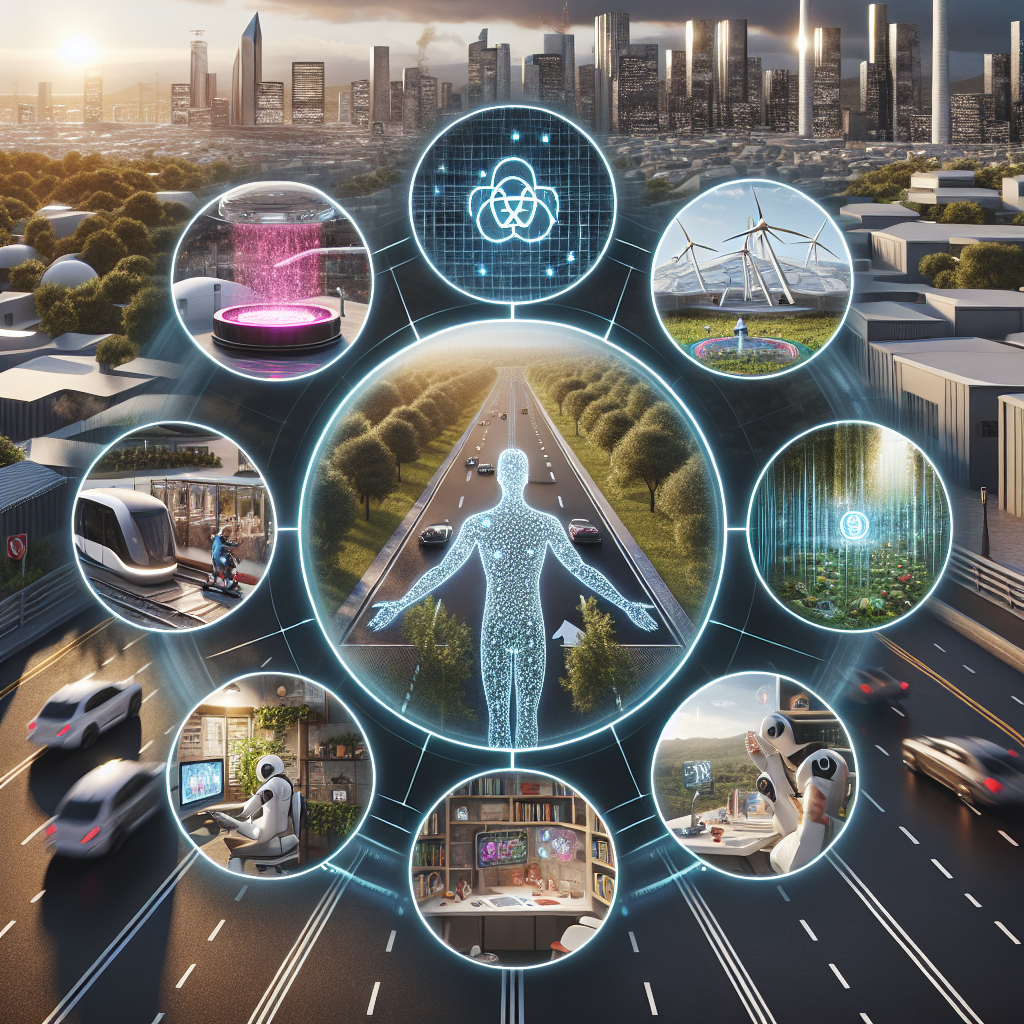
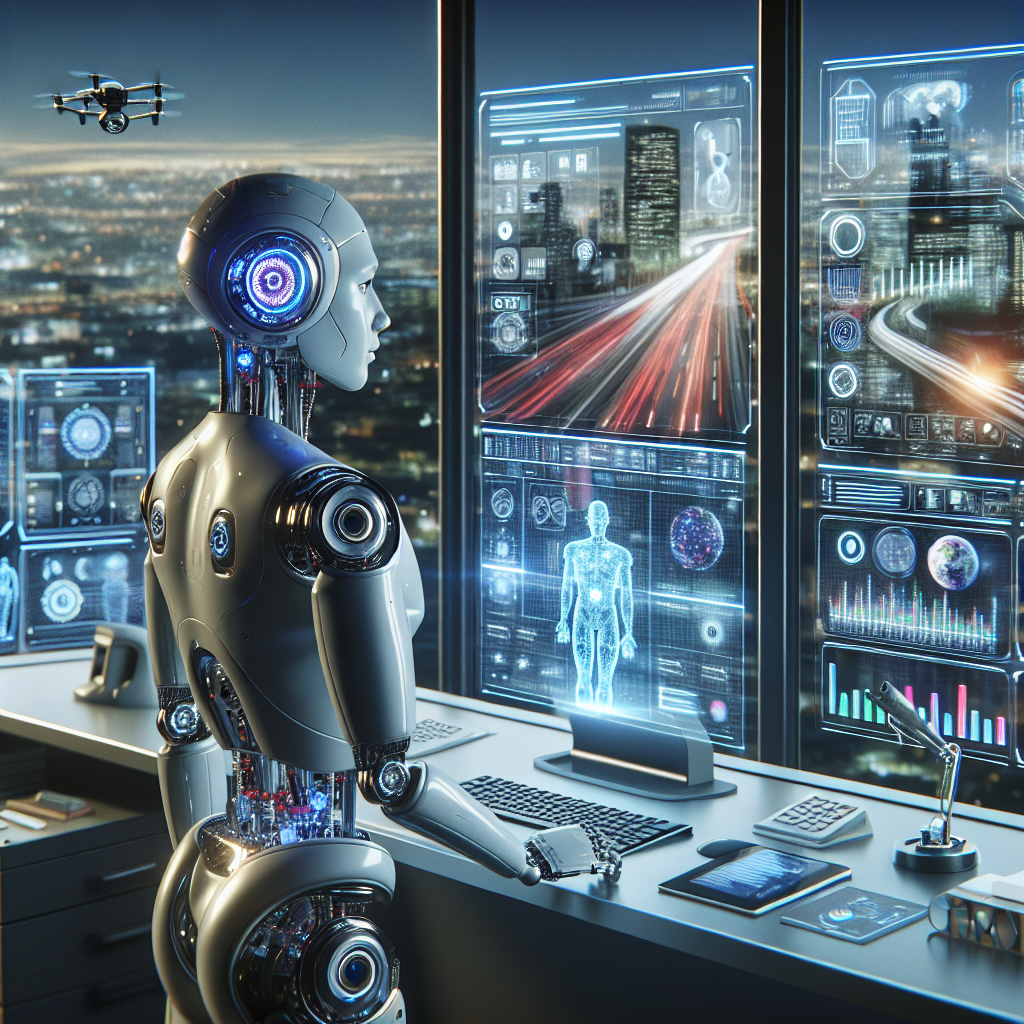
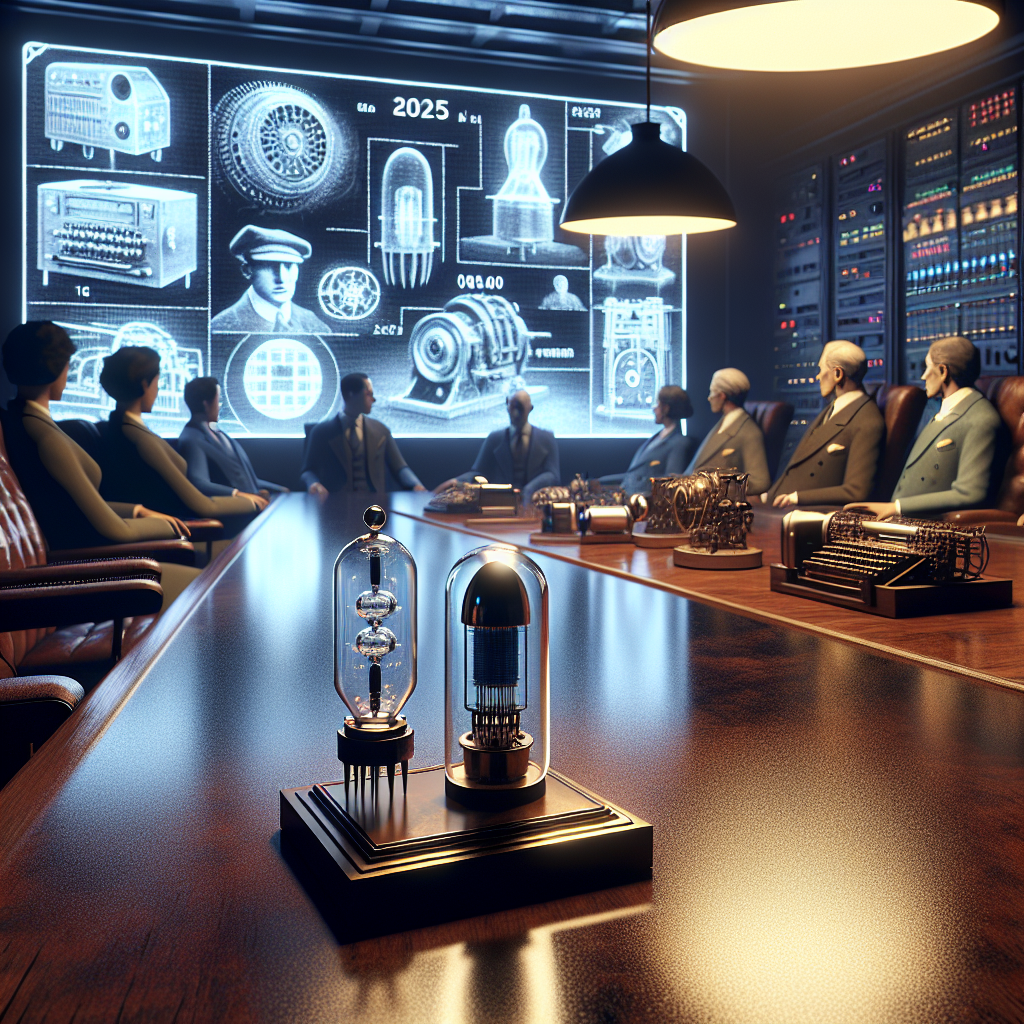

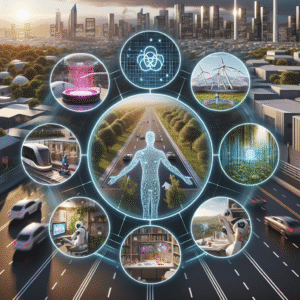
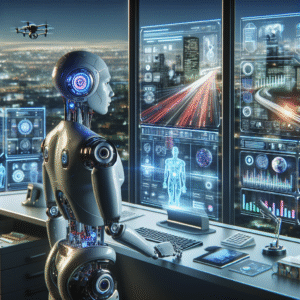

Post Comment